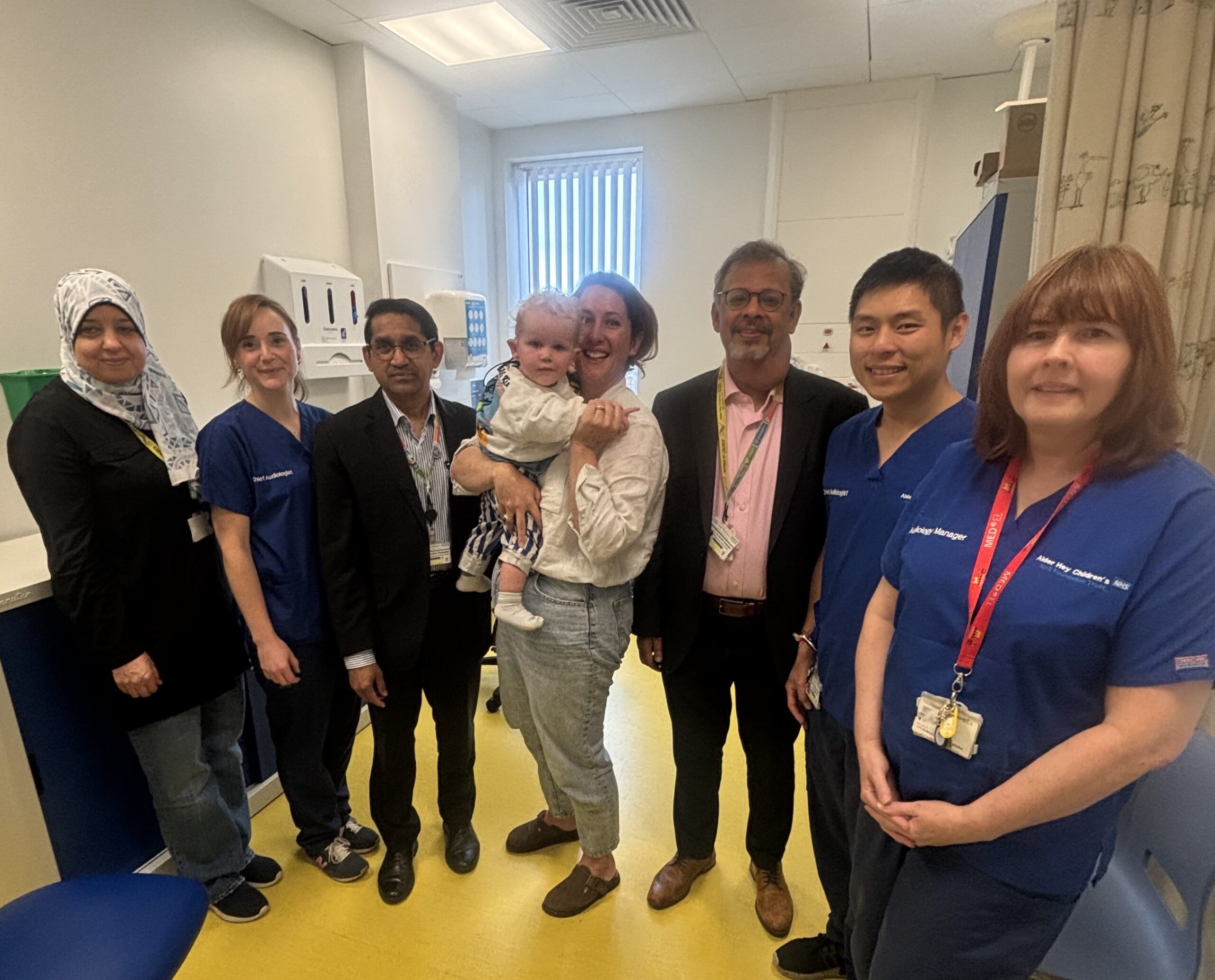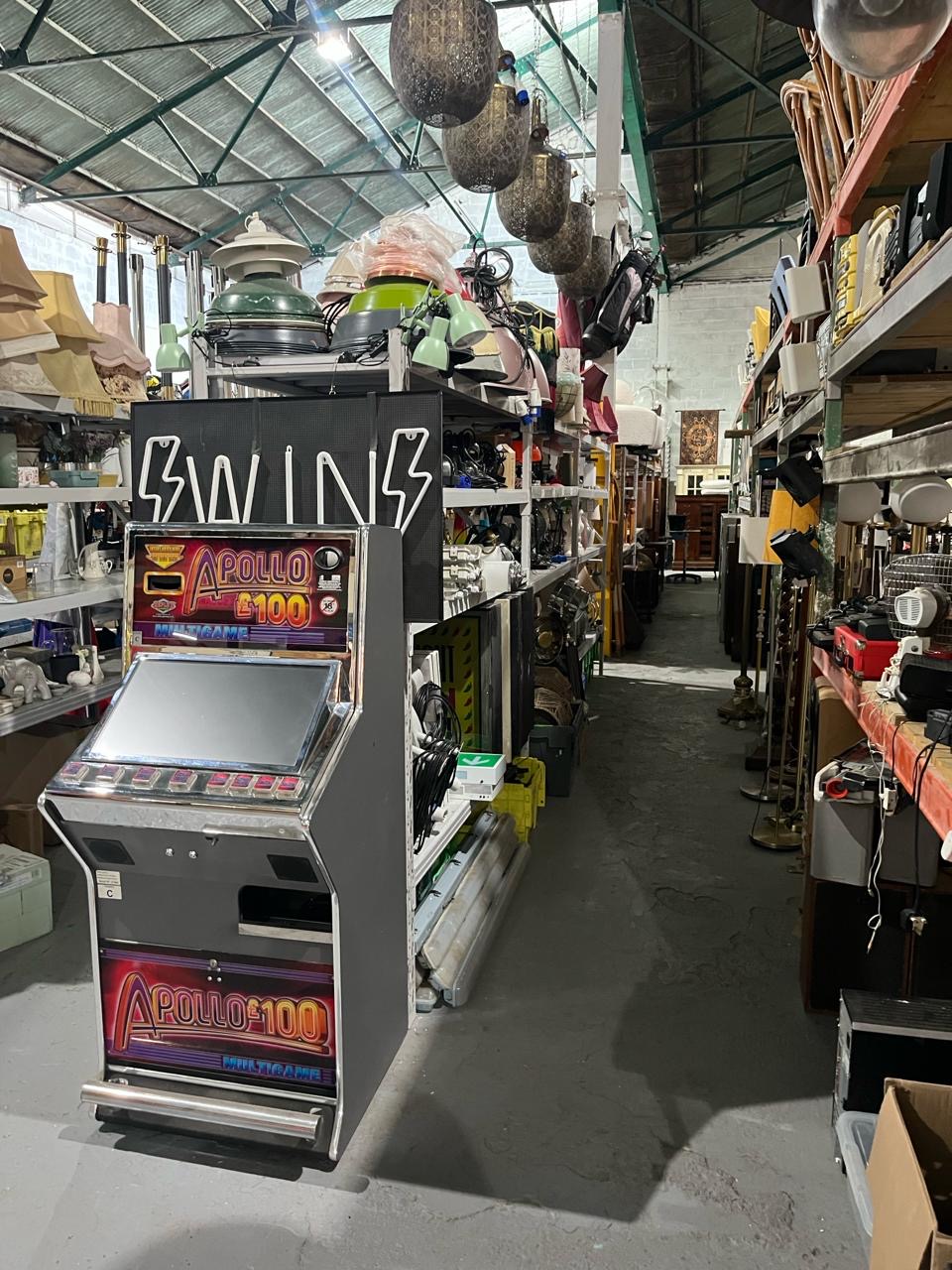
Latest
Alder Hey launches ground-breaking vestibular screening programme for children’s balance and movement issues
6 months ago

Alder Hey Children’s NHS Foundation Trust has become the first hospital in the UK to launch a dedicated vestibular screening programme for infants – a major step forward in identifying hidden balance and movement issues in young children.
The new service, known as VIS-L (Vestibular Infant Screening – Liverpool), began seeing its first patients in May 2025 and is only the third of its kind in the world, following similar programmes in Belgium and Sweden. Uniquely, Alder Hey’s screening includes three different types of assessment, helping to provide more accurate diagnoses than ever before.
The vestibular screening system – found in the inner ear – is responsible for much more than just balance. It plays a vital role in how children move, sit still, focus, process information and interact with the world around them. When it’s not working properly, it can affect everything from walking and coordination to reading and attention, yet problems often go unnoticed in early life.
Newborn hearing tests are standard across the UK, but until now there has been no equivalent for balance – despite research showing that up to half of children with hearing loss also have some form of vestibular weakness. That’s why Alder Hey’s new clinic is so significant.
Professor Soumit Dasgupta, Consultant Audiovestibular Physician and Clinical Lead at Alder Hey, has worked towards this moment for years.
He said: “A child’s ability to process balance and spatial information is linked to their overall development. When something’s not right, it can lead to issues with coordination, concentration, or even simply being able to play safely. Early detection is absolutely key.”

The new screening is aimed at children aged between six months and two years who have already been diagnosed with permanent hearing loss, with referrals coming through the national neonatal hearing programme.
Among the first to benefit is one-and-a-half-year-old Dylan, who has a rare genetic condition called Pendred syndrome, affecting both his hearing and balance.
His mum, Rhiannon, said: “We were excited when we found out about the new programme. Dylan is deaf and has just had cochlear implants. He’s still struggling to walk without help and this gives us the chance to better understand his condition. It’s amazing to have something like this not only in the UK, but right here on our doorstep.”
The tests themselves use cutting-edge technology, including the cVEMP test, which assesses part of the inner ear that helps sense gravity, and a high-tech video head impulse test that measures how the balance system responds to movement. The screening also looks for primitive reflexes that should disappear after six months of age – if they’re still present, it may signal a balance issue.
As well as offering diagnosis, the team has developed a tailored rehabilitation programme to help children with vestibular weakness build strength and coordination through targeted therapy.
Professor Dasgupta added: “It’s a huge moment for Alder Hey and something that could transform outcomes for many young children. This programme is about giving them the best possible start in life – and we hope that what we’re doing here will inspire hospitals across the world to follow our lead.”
For more information on Alder Hey and the new vestibular screening programme, visit www.alderhey.nhs.uk.
Get more from Alder Hey as they installed Europe’s first MRI scanner of its kind, boosting research and care for kids and families here.
Find out what’s good up North on our new platform, The Northern Guide.









 Subscribe
Subscribe Follow Us
Follow Us Follow Us
Follow Us Follow Us
Follow Us Follow Us
Follow Us Follow Us
Follow Us











